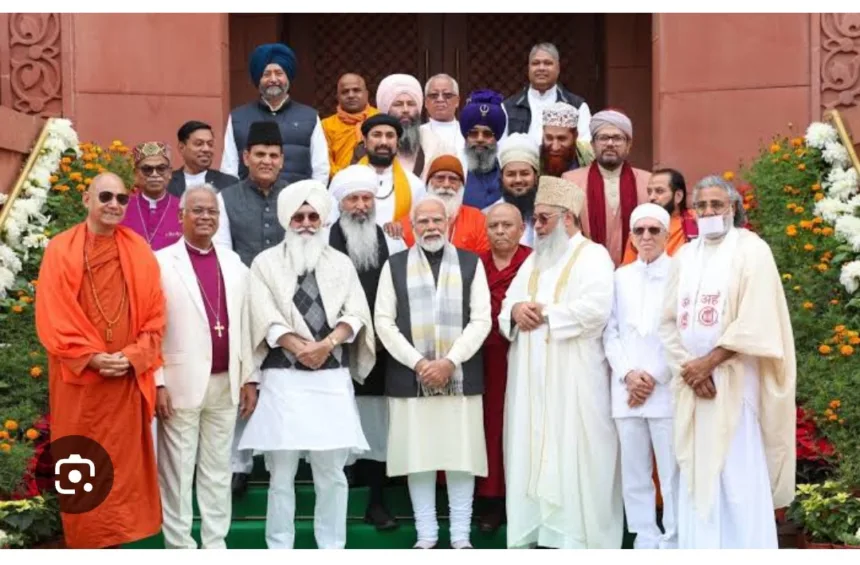India, known for its rich cultural and religious diversity, is home to numerous religious communities, each contributing uniquely to the nation’s social and cultural fabric. According to the 2011 Census, religious minorities—including Muslims, Sikhs, Christians, Buddhists, Jains, and Zoroastrians (Parsis)—make up approximately 20% of the country’s population. Despite this significant demographic presence, their representation in India’s political landscape remains disproportionately low. It is imperative for a democratic and secular nation like India to ensure that these communities have equitable representation at all levels of government, including positions such as Prime Minister, President, Vice President, Chief Ministers, and Governors.
The Demographics of India’s Religious Minorities
The 2011 Census provides a detailed breakdown of India’s religious composition:
– Muslims: 14.2% (approximately 172 million people)
– Christians: 2.3% (approximately 28 million people)
– Sikhs: 1.7% (approximately 20 million people)
– Buddhists: 0.7% (approximately 8.4 million people)
– Jains: 0.4% (approximately 4.5 million people)
– Zoroastrians (Parsis): A smaller community with numbers around 60,000
Collectively, these communities account for one-fifth of India’s population, a substantial segment that deserves proportional representation in the political arena.
The Reality of Political Representation
Despite the significant presence of these minorities, their representation in high political offices has been minimal. Historical data shows that the highest offices in the country, such as the President and Prime Minister, have rarely been occupied by members of religious minority communities. For example, only one Muslim, Dr. Zakir Husain, has served as President, and only one Sikh, Dr. Manmohan Singh, has served as Prime Minister since independence. This underrepresentation is even more stark when we consider positions such as Chief Ministers and Governors, where minority leaders are seldom seen.
The Importance of Equal Representation
Equal representation is not just a matter of fairness; it is crucial for the health and inclusivity of India’s democracy. Political representation of minorities can foster a sense of belonging and trust in the political system. It can also ensure that the unique issues and perspectives of these communities are adequately addressed in policymaking.
For instance, the Muslim community, which constitutes the largest minority group, often faces socio-economic challenges and discrimination. Adequate political representation can help in formulating policies that address their educational and economic needs. Similarly, the Christian community, with its significant contributions to education and healthcare, can offer valuable insights into these sectors, ensuring that their experiences and challenges are reflected in national policies.
Moving Towards Inclusive Governance
To achieve a more inclusive political landscape, several measures can be considered:
1. Affirmative Action: Implement policies that promote the inclusion of minority candidates in political parties and electoral lists.
2. Electoral Reforms: Introduce reforms that encourage or mandate the representation of minorities in legislative bodies.
3. Awareness and Advocacy: Promote awareness about the importance of minority representation and encourage active political participation from these communities.
Conclusion
India’s diversity is its strength, and its democracy must reflect this diversity at every level of governance. Ensuring equal political representation for religious minorities is not just a constitutional mandate but a moral imperative. By embracing inclusive governance, India can truly embody its democratic ideals and foster a society where every citizen, irrespective of their religion, has an equal voice and stake in the nation’s future. The time has come to make this vision a reality.




